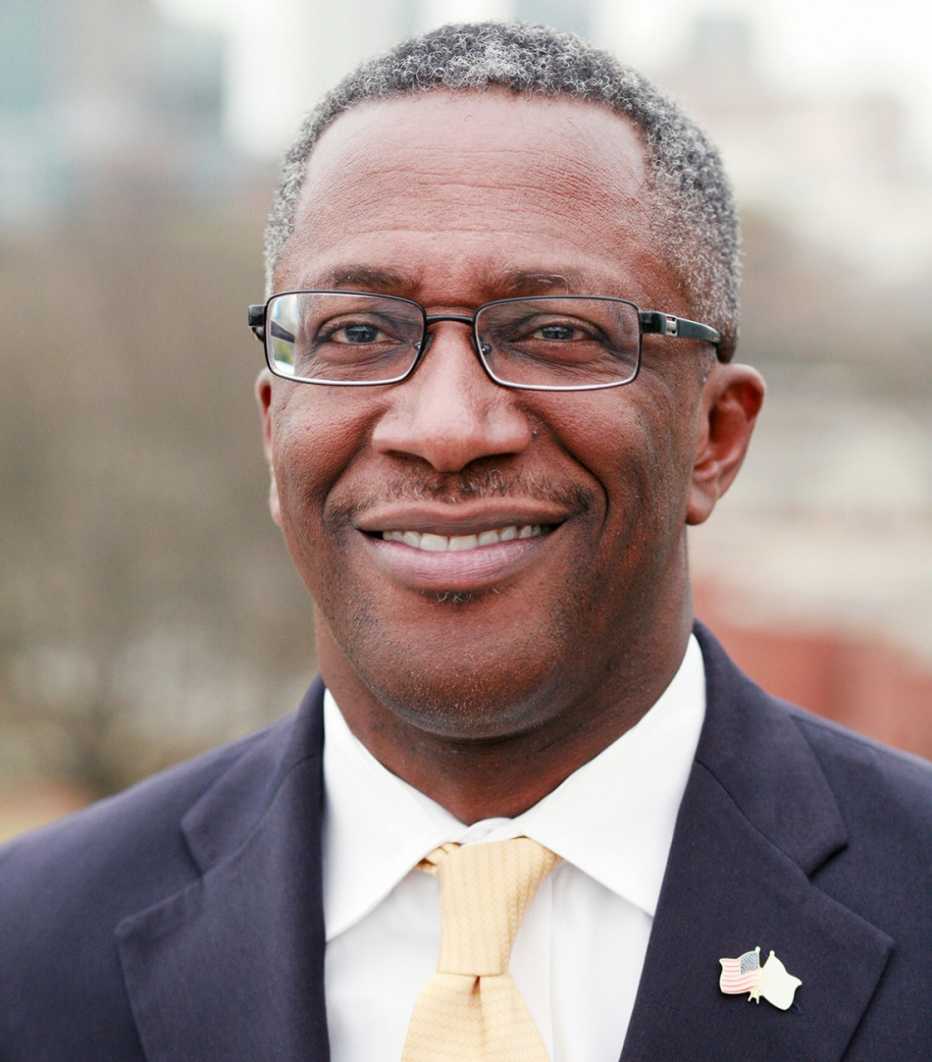Staying Fit


Where AARP stands on the issues
• Medicare


As voters 50-plus join millions of Americans who have already started to cast ballots for president, Congress and local officials, many have to dig deep to find out how the candidates stand on some key issues.
In fact, Medicare, Social Security, caregiving and nursing home safety were not raised in either the first presidential debate or the vice-presidential debate. A second presidential face-off had been scheduled for Oct. 15, but the Commission on Presidential Debates canceled the event in the aftermath of President Donald Trump testing positive for the coronavirus. Trump and former Vice President Joe Biden are currently still scheduled to debate on Oct. 22.


AARP Membership— $12 for your first year when you sign up for Automatic Renewal
Get instant access to members-only products and hundreds of discounts, a free second membership, and a subscription to AARP the Magazine.
"We tend to vote on what impacts us — and what impacts us is Medicare and Social Security,” says Jean Nofles, 78, of Denver. “I don't think they were really a priority in either of the debates."
Nofles, a retired federal employee who worked for the agency that administers Medicare and Medicaid, says she and her friends are very concerned about what might happen to these vital programs.
"Social Security is a right, something that we have earned, and I hate to see it played with,” Nofles says. She is worried about the possibility that the government could reduce the level of Social Security benefits or raise the eligibility age “again.” (Legislation passed in 1983 set in motion a gradual rise in the age to become eligible to collect full benefits from the original 65 to 67 for anyone born in 1960 or later.)
Missed opportunities
Historically, Americans over 50 have higher voter turnout rates than any other age group. In the 2016 presidential election, for example, 71 percent of Americans over 65 voted, compared with 46 percent among 18- to 29-year-olds.
Both Trump and Biden missed an opportunity by not bringing up the 50-plus issues “given that there were 80 million people watching these debates and many watching were seniors — who vote,” says John Hishta, AARP senior vice president for campaigns. Not raising these issues “is a disservice to our members and voters over the age of 50 who count on these programs for their lives,” Histha adds.
Lee Baker, a financial planner who lives in suburban Atlanta, believes the crises that have dominated the public discourse in 2020 — from nationwide protests to the coronavirus pandemic — have crowded out the traditional topics that candidates address when they talk with older Americans.


































































More on politics-society